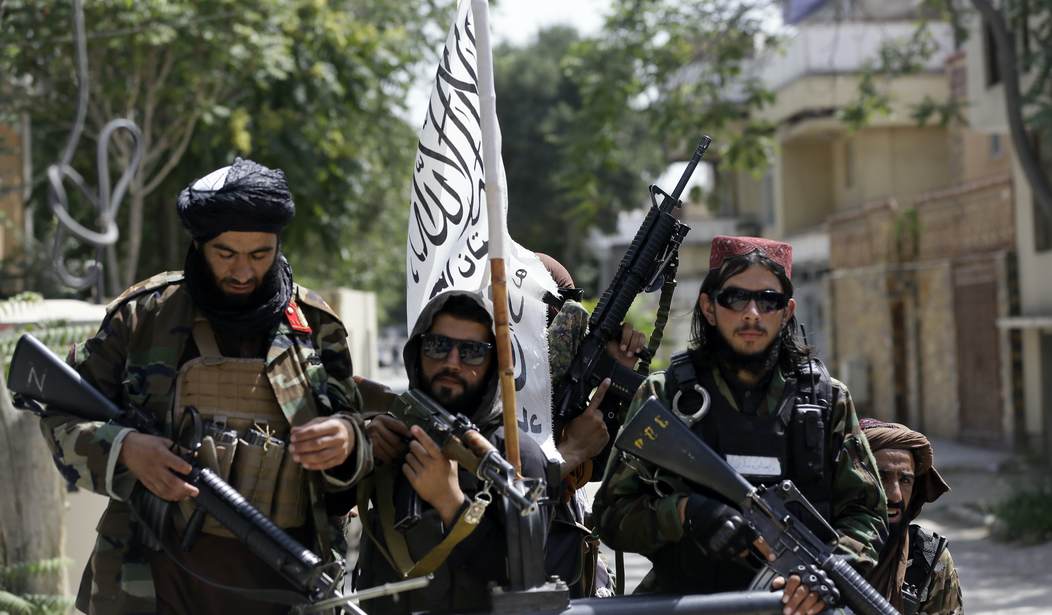Unfortunately, the hard lesson learned from the debacle in Afghanistan is that the concept of “nation building” does not work. After years of empty promises from the American foreign policy establishment, all we have left is an increased debt and the return to control of the Taliban.
All the evidence points to the idea of using U.S. armed forces might to build democracy and defending individual rights in Afghanistan and Iraq is flawed. The failure to establish strong civil institutions and a tradition of democracy in Afghanistan and Iraq after 20 years of experimentation should put to bed the arguments of neoconservative pundits who wanted U.S. forces to be the champions of exporting democracy and individual rights to lesser developed nations.
Americans do not want to waste taxpayer dollars or place U.S. service members in a position to be unsuccessful on failed nation building experiments. Voters want the military to concentrate on missions which have a discernable and understandable national interest. It is not the military that failed, but the mission was doomed from the start. These lessons, however, should not inhibit military deployment where and when necessary to protect true American national interests.
Our international reputation as a strong nation with a superior military is lessened today – the result of either the failure of our intelligence apparatus to properly estimate the fall of the Afghan government or President Joe Biden to adequately prepare for the quick advancement of the Taliban. The abject failure of our proxy Afghan forces, who abandoned their posts when U.S. forces were not there to back them up, was a second massive failure. Add in reports that the president of Afghanistan, who was educated in the United States, fled the country while leaving the nation leaderless and you witness the result in the news - a combination of a massive intelligence, military and political failure.
Recommended
As a result, we are entering a dangerous time where many enemies of the United States will test our resolve. A rational and clear-headed foreign policy would get back to policies halt the tactics of China and Russia to increase their hegemony, while still targeting terrorist havens that threaten the United States. One terrible consequence of the failure of the effort in Afghanistan is the United States is being perceived as a weak nation. The immediate concern is if China or Russia test American resolve to support our allies in Taiwan or Ukraine to see how we respond.
Russia is currently in a low-grade war with former member of the Soviet Union, Ukraine. According to the Atlantic Council, “Ukraine’s ongoing split from Russia ranks as one of the most consequential European events since the collapse of the USSR 30 years ago. During more than seven years of armed conflict, this bitter and bloody separation has cost over 14,000 lives and forced millions of Ukrainians to flee their homes.” Ukraine is not doing itself any favors by turning a blind eye to allegations of corruption. Look no further than a pending case in Ukraine where a Canadian company providing renewable energy to the people of Ukraine, TIU Canada, was allegedly illegally disconnected from the country’s energy grid by a competing Russian backed interest. This case is winding through Ukrainian courts and will be a litmus test to see if the rule of law is respected and the country can avoid the cronyism which has plagued Afghanistan.
The Russians have also built a massive Nord Stream 2 pipeline from Russia to Germany through Ukraine. The presence of this pipeline threatens Ukrainian independence from Russia. The U.S needs to be economically engaged to ensure to assist Ukraine and wean them off of dependence from Russia. President Biden failed to adequately advocate for U.S. interests in Ukraine when he failed to oppose the construction of the pipeline.
A second test of American resolve is in the Pacific theater. After crushing dissent in Hong Kong with little push back from the West, now China has its sights on a takeover of the island nation of Taiwan – which China has claimed for decades. In addition to being a strong trade ally for the United States, Taiwan is an example of a vibrant democracy in Asia. Reports indicate that China has been using the Afghanistan debacle to as evidence the United States will not defend Taiwan in the event of an attack. President Biden publicly stated that the U.S. would defend Taiwan’s independence, yet his Administration walked that commitment back in published reports. This is not a good time to equivocate on Taiwanese independence, because projecting weakness might encourage communist China to attempt to attack Taiwan directly.
It is time the country focus on pressing American national interests like asserting strength against Russia and China and avoid costly nation building exercises. The lesson learned is that the U.S. needs to stay away from vague missions with indeterminate goals and timelines while focusing on the real threats to peace – terrorist organizations and a more aggressive China and an assertive Russia.

























Join the conversation as a VIP Member